Cloud computing is nothing new to any of us by now, but Dell wants to bring its rendition of it — Dell Wyse — to folks in the form of a small internet connected stick. The PC OEM is calling it “Project Ophelia,” and it’s not much bigger than a USB stick. It can be plugged into any standard HDMI-enabled display, it seems, and will give you access to Android 4.0-enabled goodness.
MHL is employed for this particular unit so it doesn’t require an external power source — the stick draws its juice directly from the display it’s connected to. Software for Dell Wyse is pre-installed, of course, giving you access to all your documents and files in the cloud through the use of WiFi. The interface can be controlled with a mouse and keyboard through the use of Bluetooth.
As special as Dell tries to make this sound, though, the fact of the matter is that this is nothing new. There have been numerous Android-enabled “sticks” manufactured and available for quite some time, and while none do any one thing particularly interesting they all serve the same purpose at the end of the day.
I’m not interested in writing Project Ophelia off before it lands, but the “omgwowzerz” factor in these types of gizmos has already flown the coop. It’d be interesting to see Dell’s particular design of the unit itself, but beyond that it doesn’t seem to offer anything you can’t get out of something like this.
Perhaps an impressive spec sheet and an attractive price tag will help get me more enthused, but Dell isn’t interested in offering up those details at this time. We do know that it’ll be available in the first half of this year, though, so if this interests you then be sure to read on for full press details.
LAS VEGAS, Jan. 8, 2013 – Dell today unveiled a solution that extends the value of cloud client computing to the next level, enabling people to manage the increasing convergence of their work lives and personal lives by using a compact, portable device to access not only secured professional assets, but also personal content via the cloud. The ultra-compact multimedia-capable device, called Dell Wyse “Project Ophelia,” is slightly larger than a USB memory stick and enables users to convert any capable TV or monitor into a functioning interactive personal display device without using a computer, tablet or smartphone.
Today, people are increasingly looking to take and securely access their personal and professional content wherever they go. Despite rapid advances in mobile technology, however, they still face challenges when it comes to securely accessing desired information when they are away from the office. There is no easy way, for example, to access photos, music or video from a personal cloud or entertainment subscription when away from a PC, smartphone or tablet. Equally, professionals find it difficult to securely access and share work applications, presentations and content if they are away from their usual devices, or worse, if their mobile devices are misplaced or fail during travel. It is also difficult for IT organizations to enable and manage access to enterprise apps and content for highly mobile users, especially those who may be without their preferred laptop, tablet or smartphone.Built on Dell Wyse software technology already used on millions of devices, Project Ophelia transforms ordinary displays into a window to entertainment, communications and a person’s own personal cloud. The device also allows business users to instantly turn a display into a flexible, securely managed, communications-enabled thin client for work, demos or presentations. These capabilities are packed into a device barely larger than a USB stick that is self-powered through a monitor and easily fits inside your pocket.
The product addresses a variety of uses being fueled by the growing need to access cloud-based apps and resources at any time, or whenever a larger screen high definition digital display provides a superb user experience. Examples include:
– Consumers who desire in-the-moment access to cloud-based games or content but do not have their laptop or tablet in their possession;
– On-line gamers wishing to take advantage of a much larger display for an improved interactive experience;
– Highly mobile professionals who may not have a large display capable device with them; and
– Cloud access providers wishing to provide an attractively priced device included with carrier
internet/wireless servicesKey benefits of Project Ophelia:
– Enables instant and secure access to your personal cloud, entertainment, work content and applications wherever there is an available capable display (using a Bluetooth keyboard and mouse), including a wide variety of Dell flat-panel displays.
– Integrated Wi-Fi and Bluetooth facilitates access and communication.
– Built on the Android 4 OS to support Web browsing, social networking, media playback and Android Apps
with a possibility to extend to other services.
– Securely connects to Windows desktops and applications running on back-end systems from all leading
infrastructure providers including Citrix, Microsoft and VMware.
– Flexibly powered zero-battery device gets power from the attached display monitor via its MHL interface
to the monitor’s MHL port, or separately via its own USB interface. No batteries to charge or change.
– Remembers settings for each individual to enhance usability.
– Compatible with many existing Dell Wyse thin clients and software products.

– Managed by Dell Wyse Cloud Client Manager software-as-a-service (SaaS) which can ensure the device is being used by the appropriate person with the right permissions and access to apps and content based on role, department, and location.
obile devices have small screens, tablets and PCs aren’t always convenient to haul around, and all these devices require batteries that can run down. ‘Project Ophelia’ turns capable TVs and monitors into personal and reliable Wi-Fi enabled work or
entertainment stations – all managed easily by IT via Dell Wyse Cloud Client Manager.”
Availability:
Project Ophelia will be available in the first half of 2013 from Dell Cloud Client Computing.

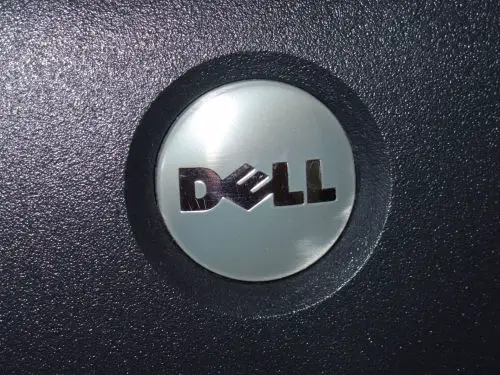
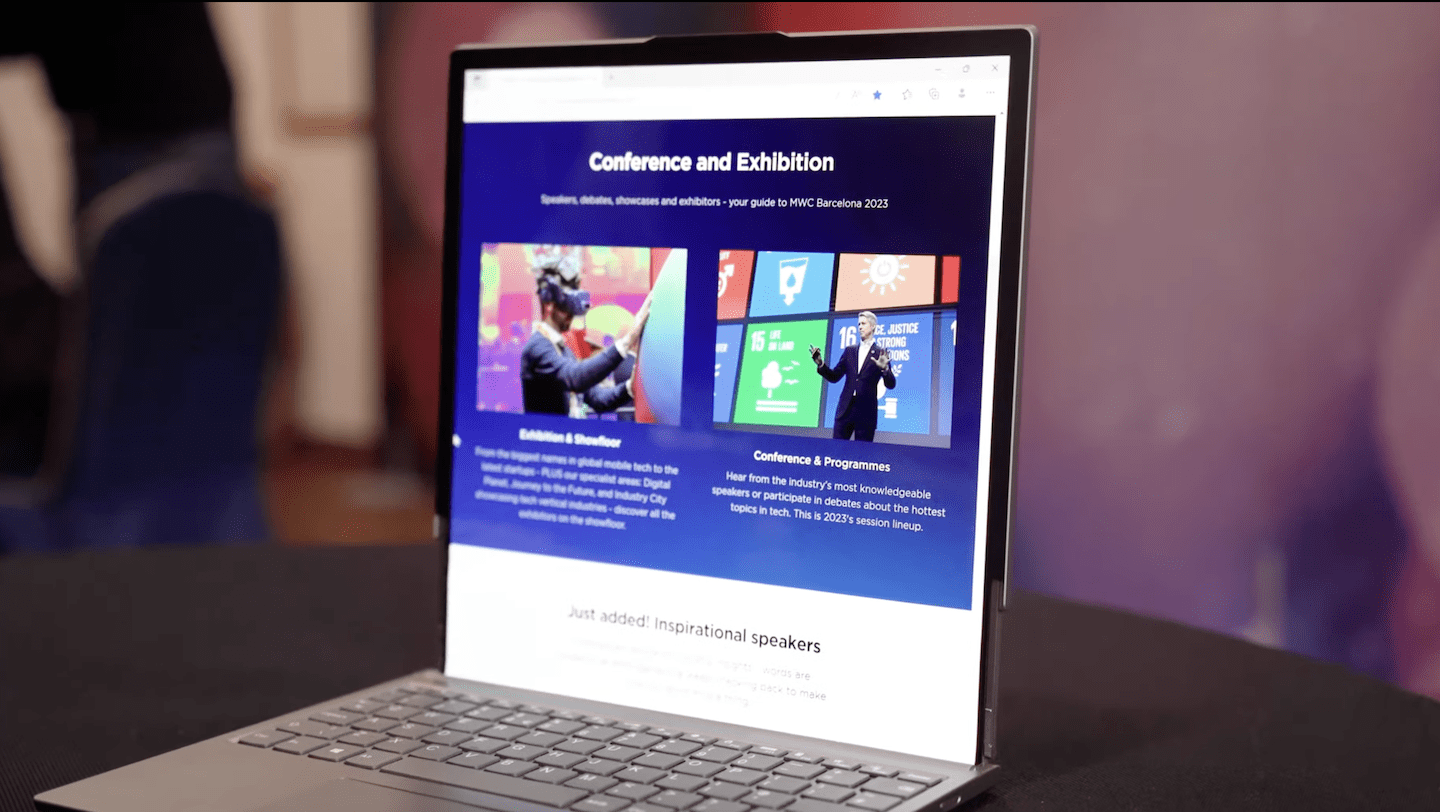
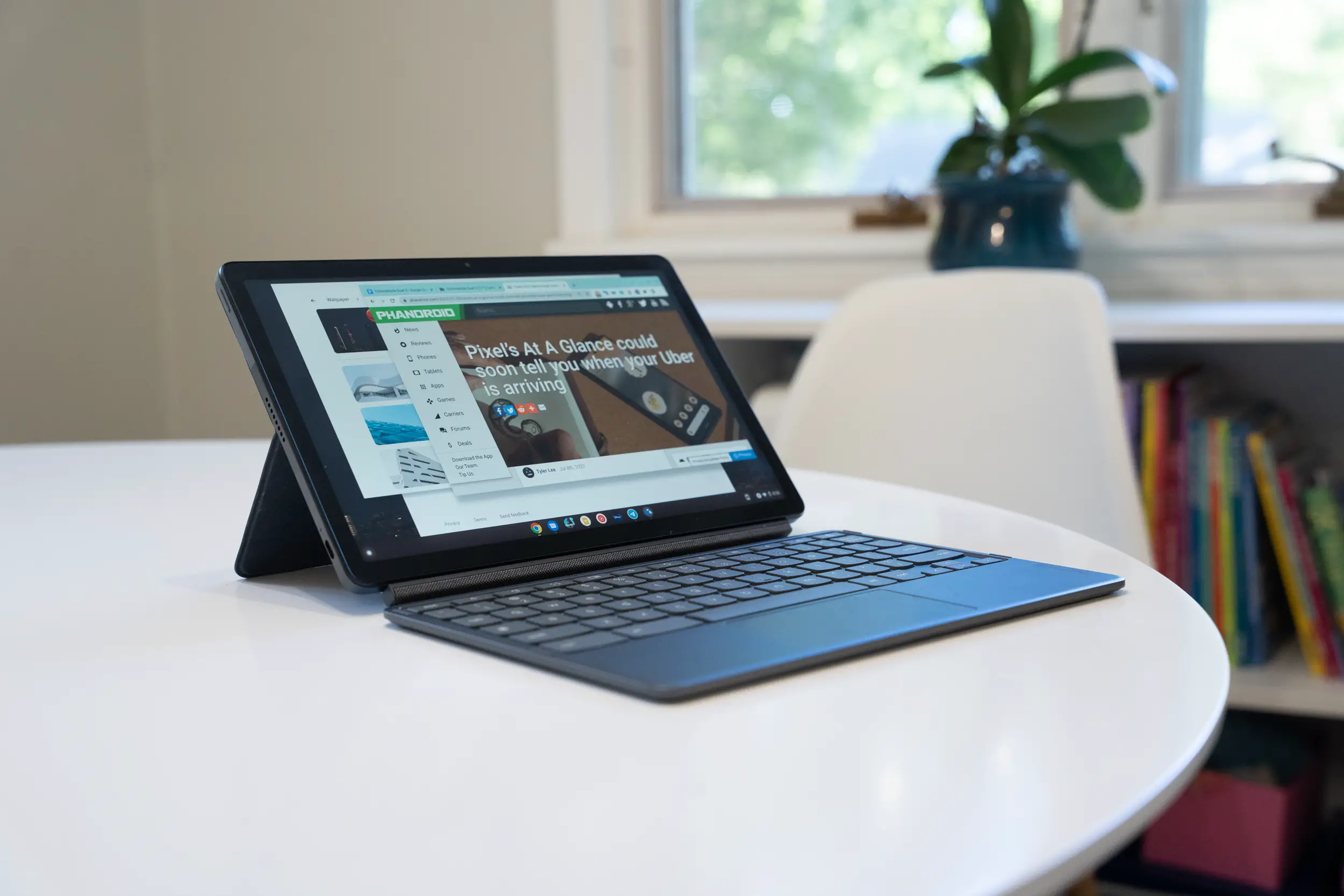
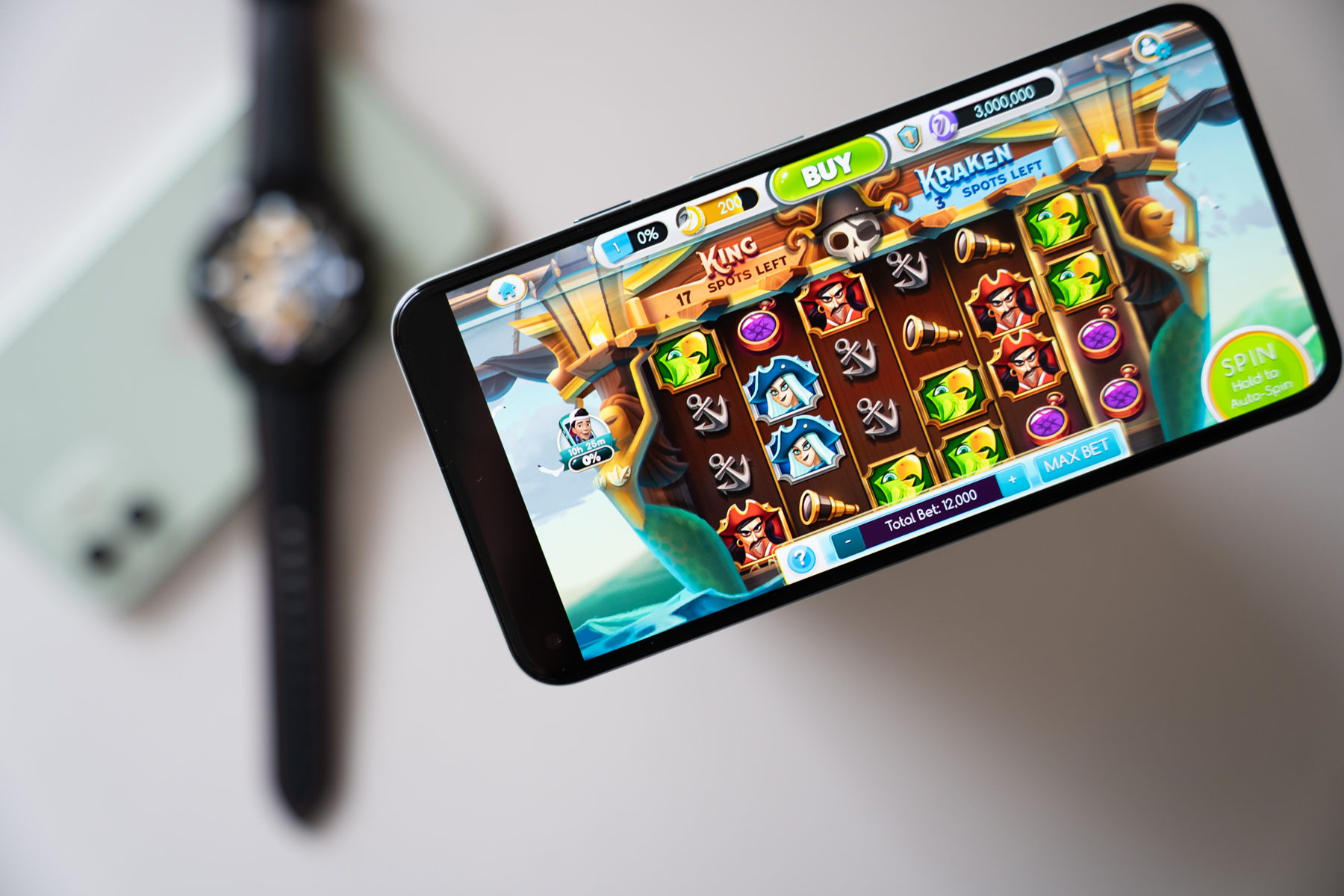




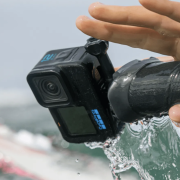

I think the biggest difference that you may not be seeing is while there has been stuff like this released before, it has never received any major backing nor has it been mass produced. I commend Dell for putting out the resources for something like this. Sometimes it takes a bigger name to get something pushed out in the public eye. People love to hate Dell for some unknown reason but they are doing things behind the scenes, just like HP, that benefits quite a few businesses.
yawn
what’s cloud computing?
Lame. Let the cloud die already.
The something like this link does not work just takes me to a 404 page. But other then that yeah I am well aware of these types of devices and that they can be hard for cheap particualry less then $80 most of the time and sometimes even less then $50 so if dell doesn’t offer much beyond what is already out there in those price points and pushes this out for $100+ then they are going to price themselves right out of this market. These are neat little devices and being able to replace a HTPC with something like this running XBMC would be a great thing no cables needed just plug it into the hdmi port of any tv/screen and use either a bluetoothe keyboard/mouse or the offical XBMC remote app that lets you control XBMC from an android device.
Project: Too Little Too Late